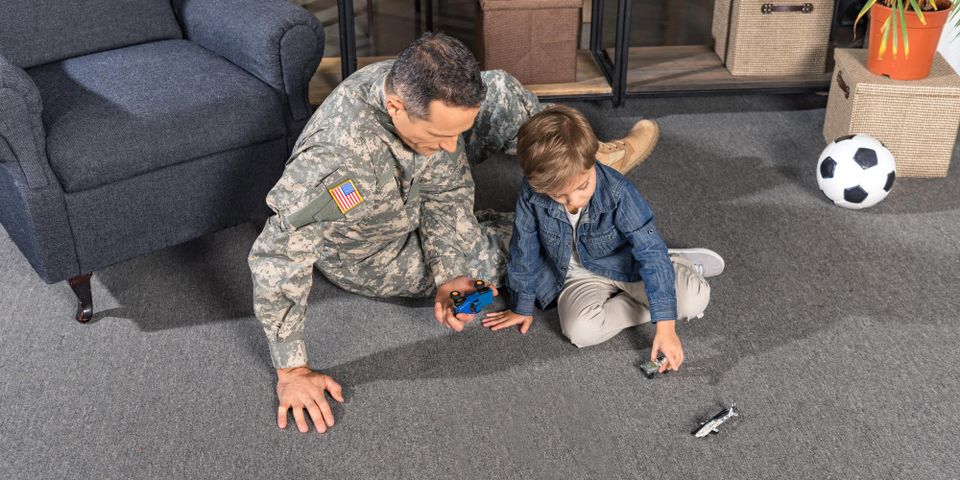
If you or your spouse are in the military and ending your marriage, you will have a unique set of challenges. However, major legal differences exist between civilian and military breakups. Divorce attorneys often receive questions, such as the ones below, when service members are ending their marriages.
A Guide to Military Divorces
My spouse filed for divorce while I was stationed overseas. What can I do?
Under federal law—The Servicemembers Civil Relief Act (SCRA)—you can ask the court to delay or postpone court proceedings. You must show that your duty prevents you from attending court. The SCRA also protects against default judgments if you do not respond to a lawsuit or fail to appear at trial.
Can I remain in military housing if my spouse in the military moves out?
 Generally, if the service member moves out of installation housing due to divorce, you lose that housing within 30 days of their departure. If you are a non-military spouse returning from an overseas duty station, the military may pay your moving expenses. You and your spouse’s family law attorneys can negotiate relocation costs as part of the settlement.
Generally, if the service member moves out of installation housing due to divorce, you lose that housing within 30 days of their departure. If you are a non-military spouse returning from an overseas duty station, the military may pay your moving expenses. You and your spouse’s family law attorneys can negotiate relocation costs as part of the settlement.
How is child support calculated?
State law determines how much child support should be paid. Generally, it is based on the service member’s base pay, Basic Housing Allowance, Basic Subsistence Allowance, and any special payments they receive. However, except for the Air Force, each branch of the service has specific rules on how much a parent should pay, which may differ from state guidelines. The service member’s commanding officer or on-base legal assistance attorney can help you but they cannot represent you, Once a court order is put in place, child support will be withheld from the service member’s income after the proper forms are completed and processed.
When the divorce is final, can I continue receiving military benefits even though I’m a civilian?
Yes, if you meet certain qualifications. A federal law, The Uniformed Services Former Spouse Protection Act (USFSPA), allows former spouses to receive benefits, including retirement pay, medical coverage, and theater, commissary, and exchange privileges.
Members of the military ending their marriages need experienced divorce attorneys to navigate complex federal and state laws. At Brandau & Waltz Law Offices LLP in La Crosse County, WI, the attorneys offer nearly 30 years of experience helping military families to get the benefits they deserve. Call (608) 784-2050 to schedule a confidential appointment, or visit the firm online now to learn more about how they can serve you.
About the Business
Have a question? Ask the experts!
Send your question

